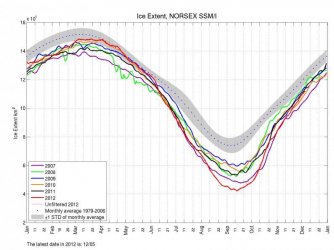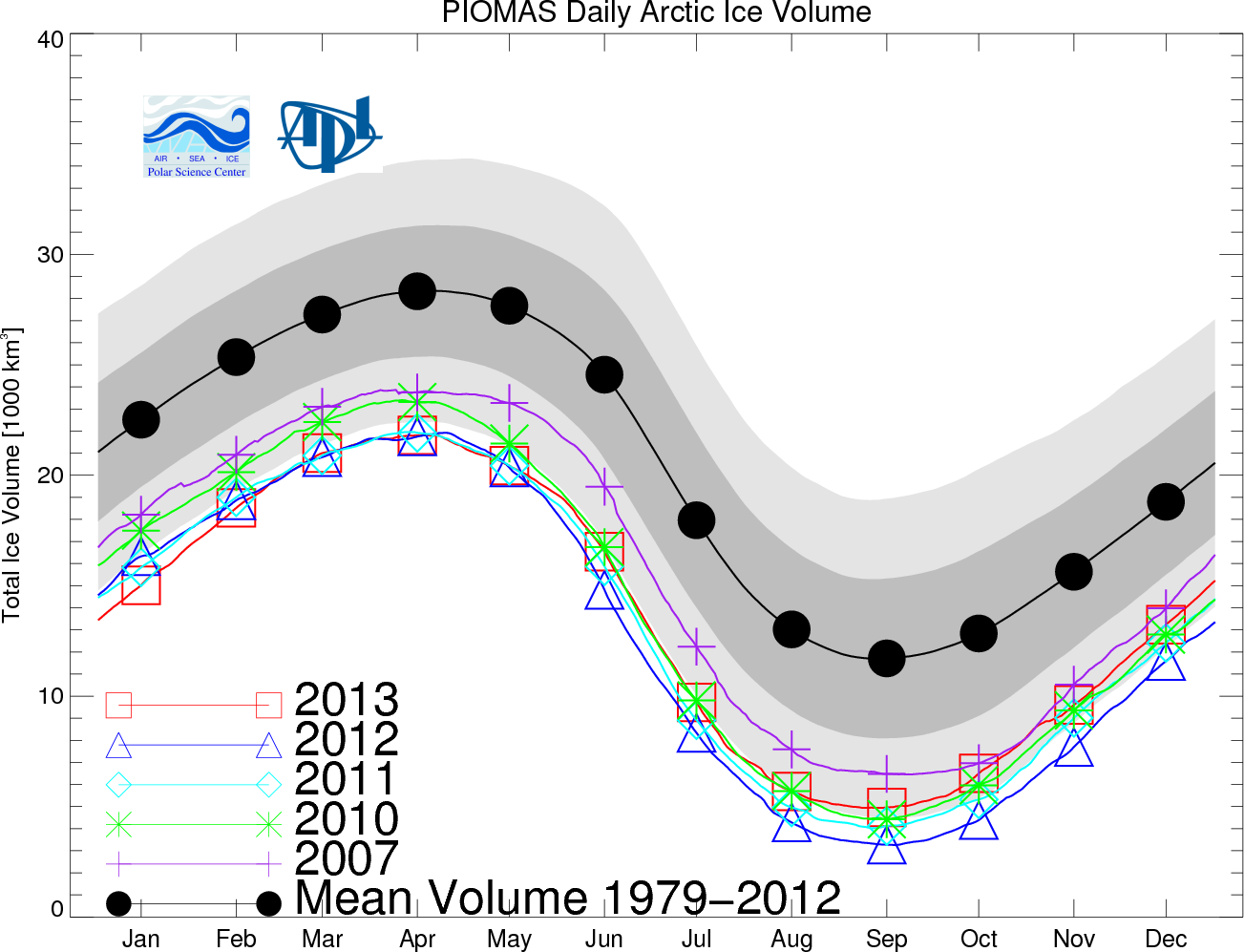- May 20, 2009
- 144,192
- 66,488
- 2,330
You have referenced that page before. I have read it and most of the links provided. What is there that you believe represents proof of anything. It is little more than a listing of the various unproven, and in most cases unphysical assumptions that the climate scam is built on.
What part do you want me to read and accept as proof of anything? OPbviously you think something is there because you keep referencing it. Which part is it or do you simply accept what you are told whether it jibes with physical laws and observation or not?
Well, now that is so impressive. You obviously know more than all the members of the American Institute of Physics. That is only the largest scientific society of physicists in the world.
And I will expect to see your proof that Tyndall was wrong and CO2 does not have the absorption bands that so many scientists have measured since Tyndall first measured them in 1858.
Number of repeatable experiments demonstrating that a wisp of CO2 raises temperature = 0






